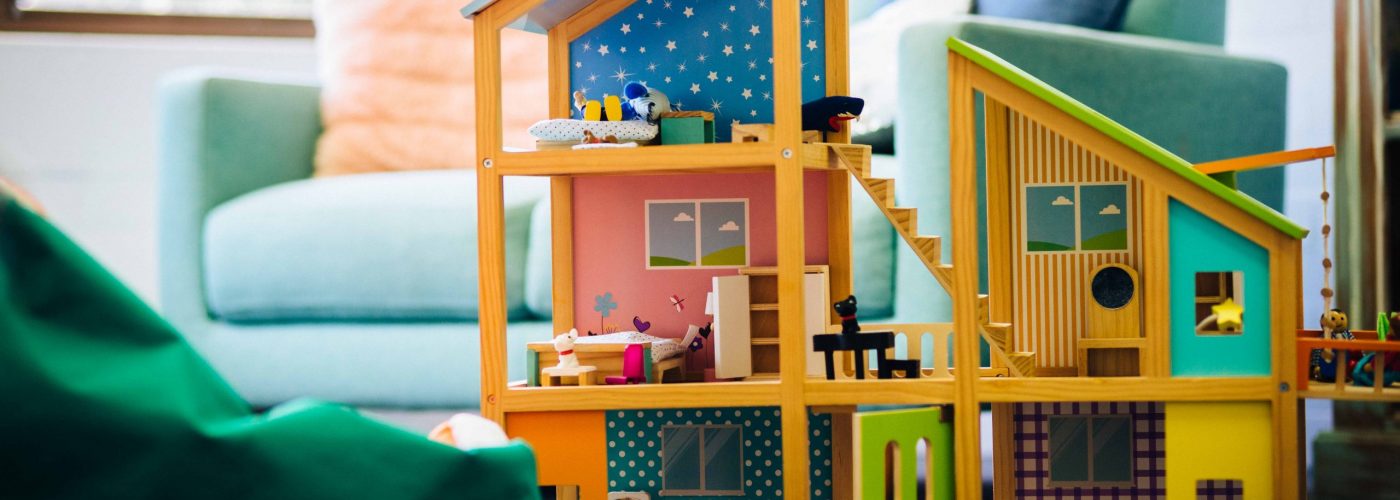FAQs
Why see a psychologist?
Your emotional well-being is crucial to quality of life. Good mental health allows people to function at their best, in school, home and in relationships, and is especially important for children and new parents.
A psychologist is trained to help people who are distressed, who want to feel more in control of their feelings and gain confidence, by providing effective treatments.
How many sessions will my child need?
Generally, expect to book 6 sessions as this gives us a good chunk of time to work towards your goals. The first three sessions involve meeting parents, then the child, and then reviewing goals and planning treatment. Then, we spend 3 sessions with the child and/or parents, including a review session. If more sessions are needed after the first 6, we discuss this and continue with treatment after the GP review (after session 6).
Is what we talk about confidential?
Yes. Confidentiality is very important and what you tell us stays private. The only exceptions to this are if you or your family is at risk of harm or if our notes are subpoenaed to court. If we need to speak to anyone else to enhance treatment (e.g. school, partner), we will seek your permission first.
Do you see women during pregnancy?
Yes. Anxiety and depression are common during pregnancy and we like to support women to feel better through all stages of pregnancy.
What does the word “perinatal” mean?
It’s the technical term for the time period from when you conceive to 12 months after birth.
What is the advantage of seeing a new mother via video-counselling (Zoom)?
It can be hard getting out of the door with a baby on account of sleep and feeding schedules, packing all the stuff you need, folding and unfolding prams, all the while in a sleep deprived haze. Therefore, we can provide effective counselling via Zoom to take the hassle out of the trip to our office.
Nevertheless, new parents and babies are warmly welcomed into our clinic. We expect babies to cry and to need to move around a bit during the session. We are also comfortable if you need to feed your baby by breast or bottle.
What is the advantage of seeing a child at child care/ kindergarten or school?
Kids often behave differently in different environments. Seeing your child in their natural environment can give us some rich information to support the treatment plan. For example, we have seen children with anxiety act really confidently in the office, however at kindergarten they will just hide in a corner and don’t interact with other kids.
Who has access to my files?
Your files are confidential and contain case notes and assessment reports. Only your psychologist has access to your files (unless they are subpoenaed by court, in which case lawyers and the judge will have access to your files).
Can you help me to work out whether my child is ready for school?
All kids develop at different speeds. When deciding if your child is ready for school it is useful to consider their social, emotional and cognitive skills. A psychologist can help with this by comparing your child to others, obtaining feedback from parents and kindergarten teachers, and observing them at kindergarten and in our office.
Am I able to stay with my child while they are with you?
Of course. However it can often also be useful for children to have some private one-on-one time with their psychologist where they can learn to talk with another adult about their concerns, learn skills independently and learn to separate from their parents. All these skills with help them as they move through their developmental stages.
What should I say to my child about coming to see a psychologist?
What you tell your child will vary depending on their age.
For very little kids (under 3), you could say we are going to see a psychologist/ teacher/ lady where you can play and learn some new things and have some fun!
For kids aged 4-5, you could explain that they are going to see a psychologist/ teacher/ lady who will help them with their problems (you could be specific like, going to sleep by yourself, feeling less scared at night, helping you so you don’t feel so angry all the time, etc). She has got lots of cool toys and plays fun games and reads stories.
For kids aged 6-8, you could explain that they are going to see a psychologist/ teacher/ lady who will help them with their problems (you could be specific like, feel better when you are at school, feel less scared).
For kids aged, 9 and over, you could explain that they are going to see a psychologist who will help them with their problems so that they feel more confident.
My child is feeling nervous about seeing a psychologist. What should I do?
If your child is feeling nervous, you could tell them that that is pretty normal because it can be scary meeting someone new for the first time. You could say that you will stay with them until they are feeling comfortable. You could also reassure them by saying that psychologists usually have cool toys, games and books and that they will get a chance to play/ have some fun.
Will you speak to my child’s teacher?
When psychologists complete a psychoeducational assessment, teachers’ opinions are usually sought, typically by asking them to complete a questionnaire. Nevertheless, it is up to the parent whether they would like to involve the teacher in the assessment. It’s usually a good idea as it’s a great way to get more information to support your child’s treatment. After all, teachers spend a lot of time with your child and kids often behave slightly differently at home compared to school.
Should both the parents come along to appointments?
If possible, it is really helpful if both parents can come along for the first appointment. Once treatment has commenced, many parents either come together, on alternate weeks, or one parent takes the child and the other parent comes to the review sessions if needed.
Can I bring siblings in to appointments as I don’t have a baby sitter?
We will try to accommodate your family where we can. Please let us know so we can work out a plan by emailing info@nestpsychology.com.au.
Will you do family court reports?
No. Our psychologists are not experienced family court writers.
I think my child may have autism. How can I check if he meets the criteria for diagnosis?
At Nest Psychology, our psychologists can assist in the diagnosis process.
The best way to obtain a comprehensive assessment is to follow these steps:
- Ask your GP for 2 referrals: a referral to a psychologist (mental health care plan) and a referral to a paediatrician who specialises in autism spectrum disorders (ASD). Wait times and assessment processes can be lengthy, so try to book the appointments as soon as you can.
- You can start the assessment process by seeing a psychologist first (while waiting for a paediatrician appointment) under a mental health care.
- During the assessment session at Nest Psychology, we will meet with you and your child and ask a series of structured questions, play some games and ask you and your child’s teacher to complete a structured questionnaire. We may also organise to observe your child at childcare or school or at home.
- Our psychologist will write a comprehensive report for you and your paediatrician. These reports will also help with educational and treatment planning.
- Your paediatrician will be able to complete forms to advocate for NDIS funding to support your child’s treatment.
My son has been diagnosed with Autism. What do I do now?
The best place to start is to call your local state government autism organisation (e.g. Autism Queensland), who have lots of great resources about supporting kids with autism to thrive. Nest psychologists can provide parents with support about what adjustments to make (e.g. at home, school, with parenting) to optimise your child’s development and to support a healthy self-esteem. It’s common for parents to benefit from ongoing counselling too. After all, parenting a child with autism can be challenging and your whole family will benefit when parents take time to look after their own emotional well being.

